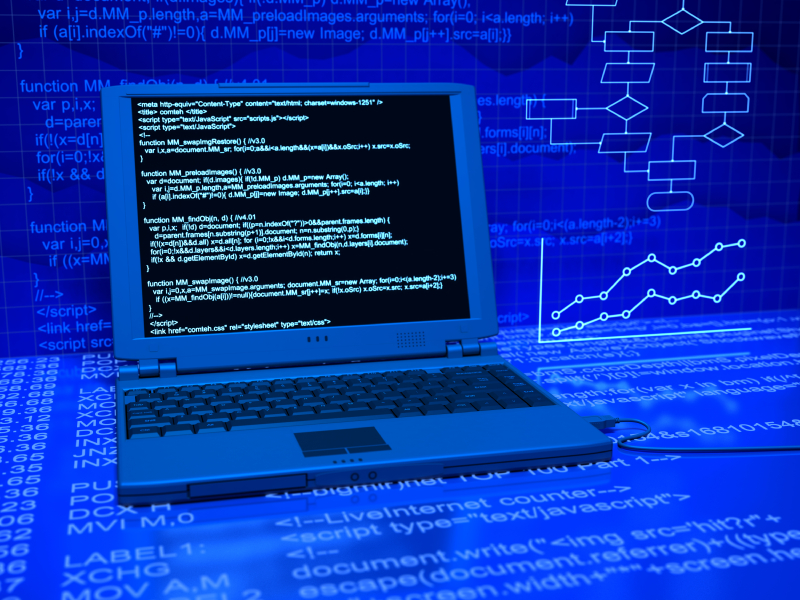CD Laboratory for Adaptive Streaming over HTTP and Emerging Networked Multimedia Services

This CD Laboratory explores new technical foundations for streaming digital media to invoice future challenges such as increasing complexity and quality with less time delay.
Real-time transmission (streaming) of films, series, live broadcasts, etc. already works very well under certain bandwidth restrictions and fluctuations. However, new applications, e.g. in the field of virtual reality, pose major challenges. This CD Laboratory is therefore researching new approaches for four phases: (1) provision, (2) transmission, (3) utilisation and (4) end-to-end aspects. The first area, media content delivery, covers all aspects of multimedia encoding and packaging to enable adaptive media streaming in heterogeneous environments. The main objective is to reduce media bit rates and thus storage and transmission costs while maintaining the quality of experience (QoE) for users. This requires the development of new, efficient and quality-aware coding and packaging techniques for adaptive services. The second area, transmission, deals with the transport of media data over current and future networks in order to enable efficient adaptive distribution and utilisation of high-quality content on different end devices. The main objective is the adaptive transmission of multimedia content over different types of networks, especially wireless networks. The third area, utilisation, covers all aspects of media presentation for the user, including interactivity. The main goal is to improve modern media players in order to cope with the increasing amount of multimedia data on the Internet and bandwidth requirements. An important aspect is to enable high QoE for end users in different use cases, e.g. live or video-on-demand content, or virtual reality. Finally, end-to-end aspects include various optimisations across all three areas mentioned above, including possible interactions. Across all areas, the aim is to simultaneously reduce the media bit rate and, as a result, storage and transmission costs, enable efficient adaptive transmission and achieve a high QoE for the user in different use cases.
Christian Doppler Forschungsgesellschaft
Boltzmanngasse 20/1/3 | 1090 Wien | Tel: +43 1 5042205 | Fax: +43 1 5042205-20 | office@cdg.ac.at

